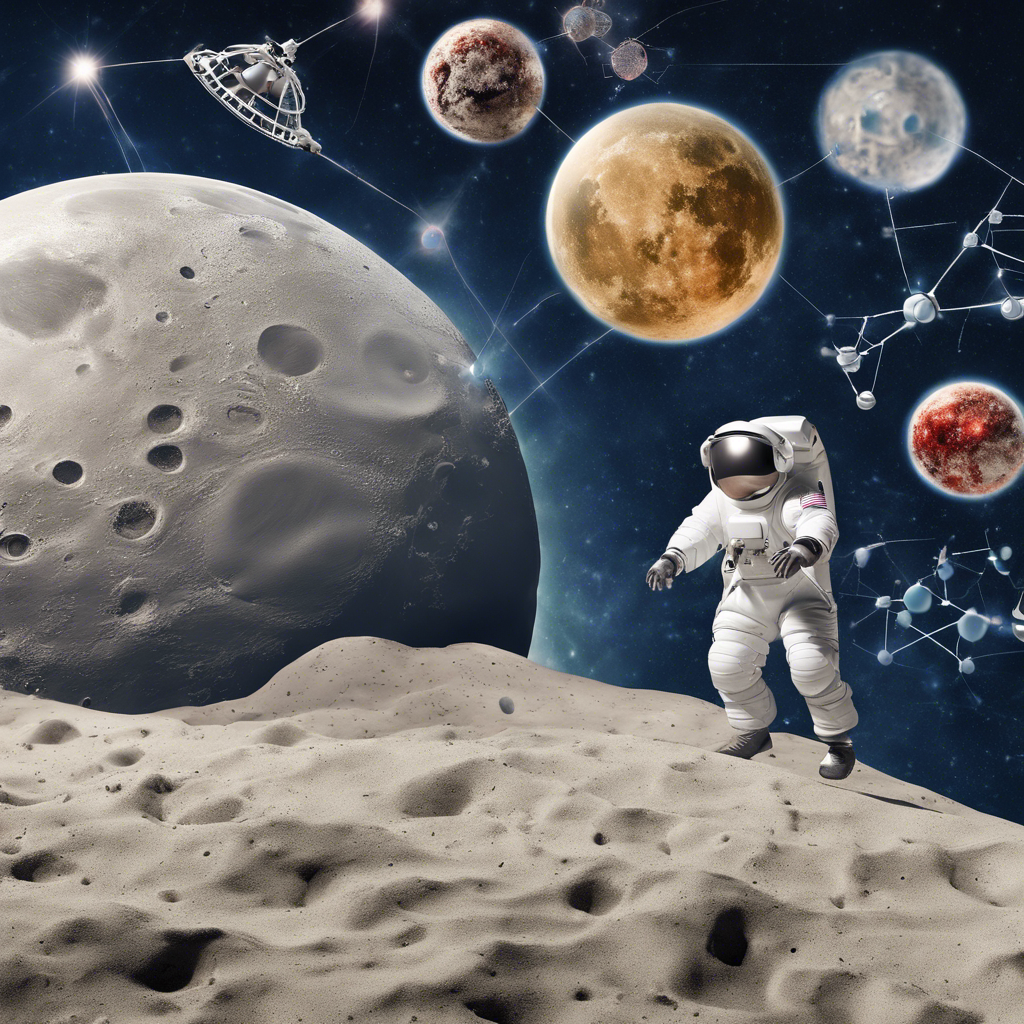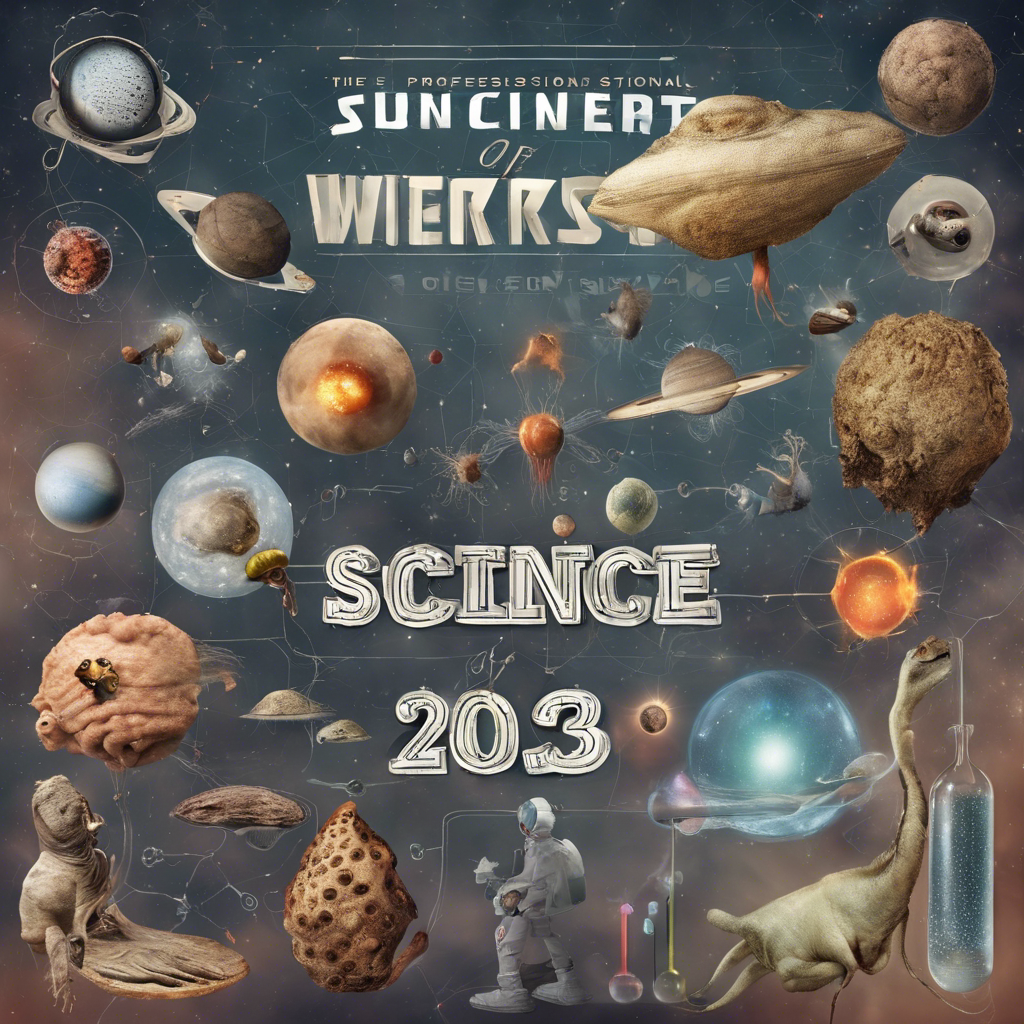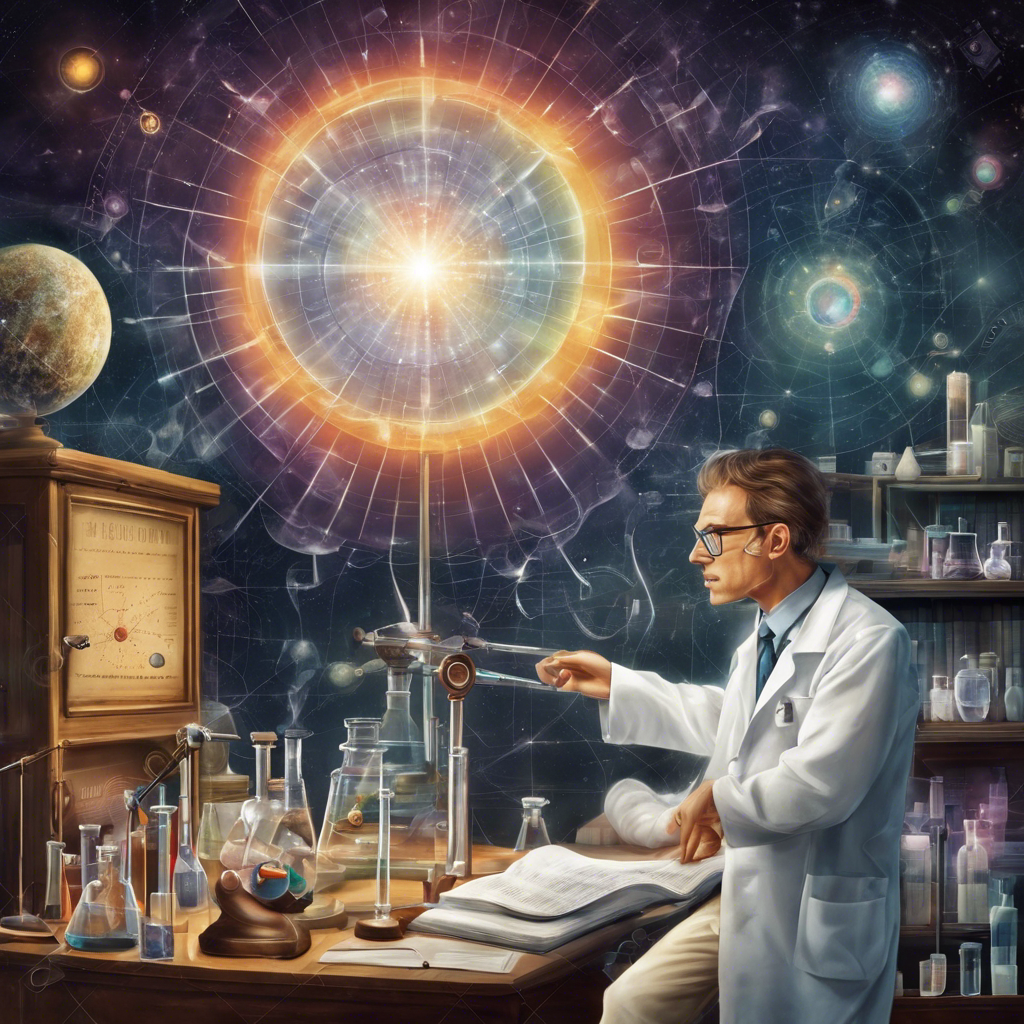The Year in Science: From Lunar Landings to Stem Cell Breakthroughs

A look back at the most significant scientific achievements of 2023, from India’s lunar mission to the emergence of AI and the fight against climate change.
In a year filled with scientific breakthroughs and remarkable achievements, 2023 has proven to be a pivotal year for humanity’s quest for knowledge and progress. From the successful lunar landing by India’s Chandrayaan-3 mission to the emergence of artificial intelligence that finally feels like AI, the scientific community has made significant strides in various fields. This article will explore these accomplishments, shedding light on the implications and potential they hold for the future.
India’s Lunar Lander Reaches the Dark Side of the Moon
India’s Chandrayaan-3 mission made history in July 2023 by becoming the first mission to successfully reach the lunar south pole. This unexplored region is believed to hold reservoirs of frozen water, making it a crucial area for scientific exploration. The mission’s success not only solidified India’s position as a major player in space but also showcased the cost-effectiveness of their approach, with the mission costing only $75 million. This achievement marks a significant milestone in the accessibility and affordability of space exploration.
AI Finally Starting to Feel Like AI
The year 2023 marked a turning point for artificial intelligence with the rise of OpenAI’s ChatGPT. This language model captivated users with its fluency and seemingly encyclopedic knowledge, finally delivering on the promise of AI that we have been waiting for. Its accessibility and human-like capabilities have sparked a race among tech giants to dominate the generative AI marketplace. This breakthrough has far-reaching implications for various industries, from employment to healthcare, and ushers in a new era of AI integration in our daily lives.
Girls Doing Hard Maths
In a remarkable display of talent and creativity, two teenage girls from New Orleans, Calcea Johnson and Ne’Kiya Jackson, presented a new mathematical proof of the Pythagorean theorem using trigonometry. Their “waffle cone” proof, which utilized the sine rule and infinite geometric series, showcased their mathematical agility and challenged long-held beliefs about the limitations of trigonometry in proving this theorem. Their achievement serves as a powerful rebuttal to the notion that girls are less likely to excel in math and highlights the importance of diversity in scientific pursuits.
Insights on Our Earlier Migration out of Africa
Recent findings from the DNA of modern Africans have enriched our understanding of human prehistory. A study led by Sarah Tishkoff at the University of Pennsylvania revealed that Neanderthal DNA entered the Homo sapiens lineage as early as 250,000 years ago, challenging previous assumptions about our migration out of Africa. By looking at the genomes of African people, researchers are uncovering new insights about our origins and the multiple waves of migration that occurred. This research highlights the importance of inclusivity and representation in scientific studies.
The Hottest Year on Record
As the world grapples with the devastating effects of global heating, 2023 has been declared the hottest year on record, surpassing the previous record set in 2016. The impacts of this heat are increasingly evident, from deadly floods and wildfires to droughts and heatwaves. However, amidst this crisis, there is hope. The UK has made significant strides in green energy production, and AI forecasts are revolutionizing weather and climate analysis. These advancements provide a glimmer of hope in our fight against climate change, but they must be accompanied by urgent action and global cooperation.
New Crispr Therapy for Sickle Cell Disease and Beta Thalassaemia
In a groundbreaking development, the UK has approved the use of Crispr genome-editing tool called Casgevy for the treatment of sickle cell disease and beta thalassaemia. These debilitating diseases, which disproportionately affect certain populations, have long been in need of effective treatments. Casgevy has shown promising results, relieving pain in sickle cell disease and reducing the need for red-blood cell transfusions in beta thalassaemia. While there are potential risks and cost considerations associated with this therapy, its approval marks a significant step towards more equitable healthcare and the alleviation of suffering.
Eating Our Cakes and Having Our Wegovy
The global obesity epidemic has reached alarming proportions, with millions of people struggling with weight-related health issues. The discovery of glucagon-like peptide-1 (GLP-1) receptor stimulants, such as Wegovy, offers hope for weight loss and improved health outcomes. Wegovy has shown remarkable efficacy in clinical trials, leading to significant weight loss and reducing the risk of heart attacks and strokes. However, it is not a magic solution, as there are potential side effects and the need to address the underlying issues of food inequality and access to nutritious options.
A Superconductor Claim Meets Resistance
The quest for a room-temperature superconductor has long been a goal of scientists worldwide. In July, a South Korean team claimed to have achieved this feat with a lead-based compound named LK-99. The scientific community was abuzz with excitement and skepticism, leading to a race to replicate the results. However, leading labs were unable to obtain consistent results, casting doubt on the initial claim. This serves as a reminder of the importance of rigorous scientific research and peer review, while also fueling the determination to continue the search for a real room-temperature superconductor.
Bird Decline Linked to Herbicides and Pesticides
The decline of bird populations across Europe has reached alarming levels, with a staggering loss of 550 million birds over the past four decades. Research has revealed that agricultural intensification, particularly the increased use of pesticides and fertilizers, is the primary driver of this decline. These chemicals not only deprive birds of food but also directly impact their health. This study underscores the urgent need for sustainable farming practices and highlights the importance of biodiversity conservation in mitigating the ecological crisis we face.
Hope for Stem Cell-Based Embryo Models
In a breakthrough with far-reaching implications for our understanding of human development and genetic disorders, scientists have made progress in creating stem cell-based embryo models. These models, which resemble early post-implantation human embryos, offer a more ethical alternative to working with actual embryos and provide valuable insights into the causes of miscarriages and congenital diseases. While these models are not yet equivalent to natural embryos, they open up new possibilities for research and may pave the way for future advancements in reproductive medicine.
Conclusion:
The year 2023 has been a remarkable one for scientific achievements, showcasing the ingenuity and perseverance of the human spirit. From space exploration and artificial intelligence to advancements in healthcare and our understanding of the natural world, these breakthroughs offer hope for a brighter future. However, they also serve as a reminder of the challenges we face, from climate change to biodiversity loss. The progress made in 2023 must be accompanied by collective action and a commitment to sustainable practices to ensure a better world for future generations.




